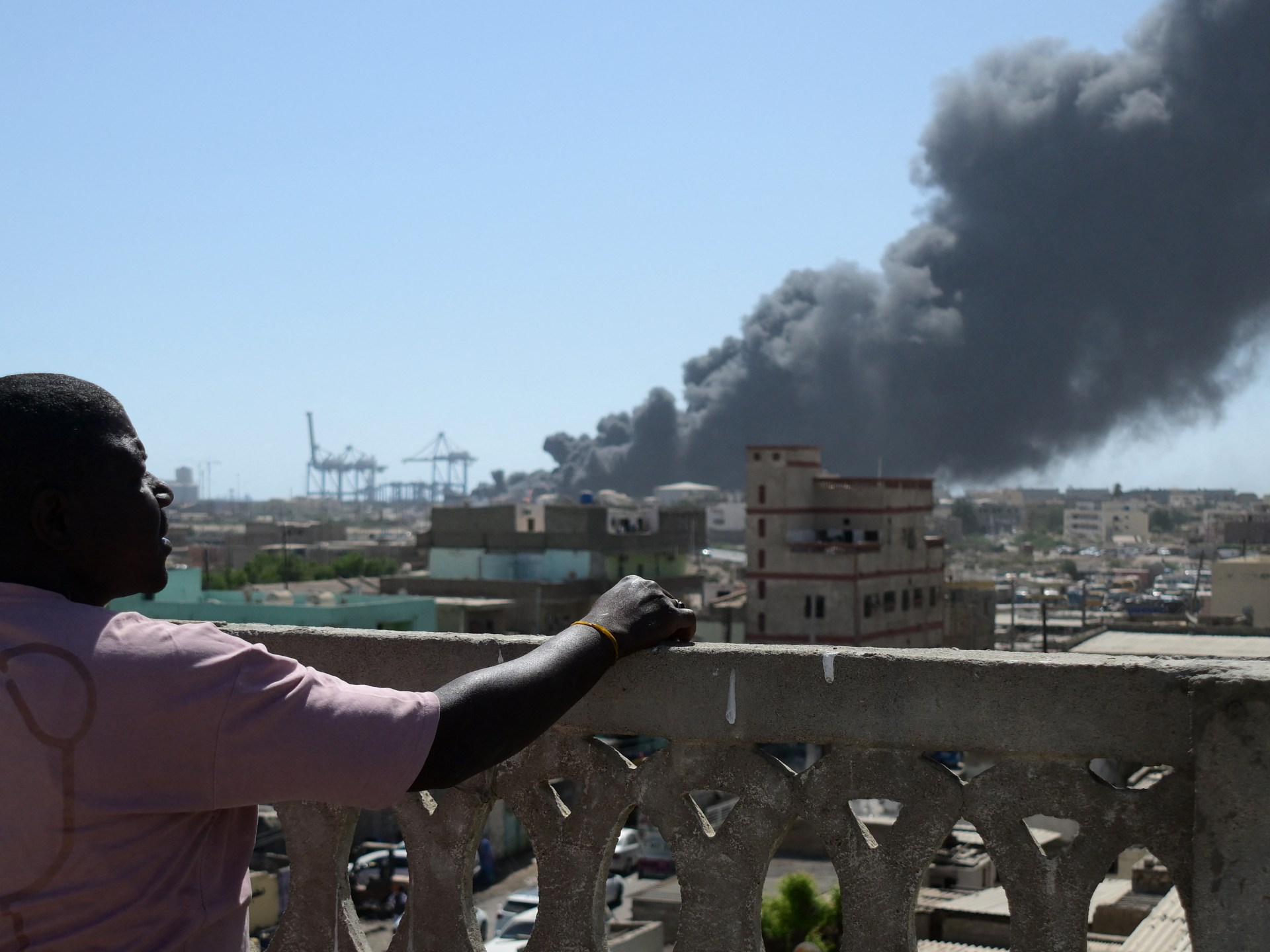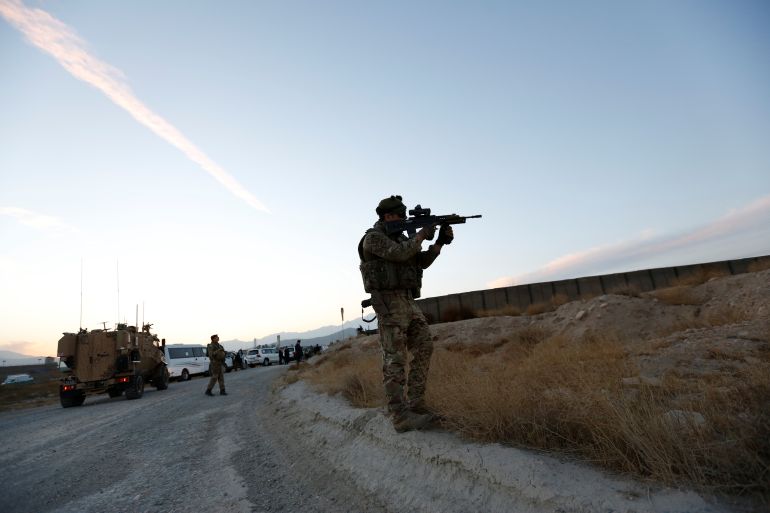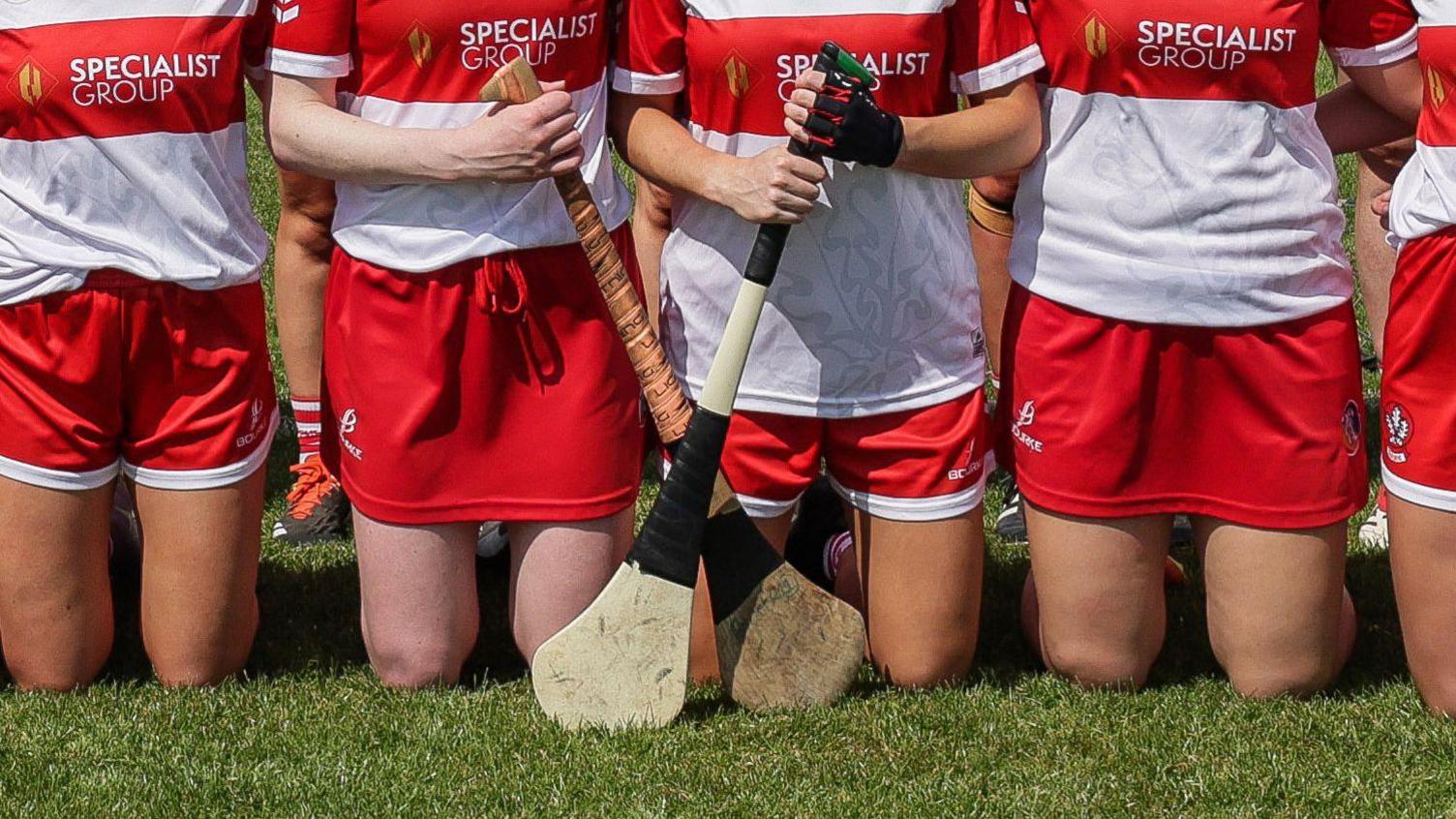The Sudanese Armed Forces (SAF) have said the paramilitary Rapid Support Forces (RSF) killed seven people in artillery shelling on el-Fasher, the capital of North Darfur state in western Sudan.
A statement from the military-aligned government said on Monday that the RSF shelling that began late on Sunday targeted residential neighbourhoods, killing seven people, including women and children, and wounding at least 15, who were taken to hospitals.
On Sunday, the army also said the RSF shelling in the city killed nine people.
El-Fasher has witnessed intense fighting between SAF and RSF since May 2024, despite international warnings about the risks of violence in a city that serves as a key humanitarian hub for the five Darfur states.
For more than a year, the RSF has sought to wrest control of it, located more than 800km (500 miles) southwest of the capital, Khartoum, from the Sudanese army, launching regular attacks on the city and two major famine-hit camps for displaced people on its outskirts.
The RSF and the SAF have been locked in a brutal power struggle since April 2023, resulting in thousands of deaths and pushing Sudan into one of the world’s worst humanitarian crises, according to the United Nations.
More than 20,000 people have been killed and 15 million displaced in the brutal civil war now in its third year, according to UN and local figures. However, some United States-based researchers estimate the actual death toll to be as high as 130,000.
Won’t accept ‘any interference’
Meanwhile, the African Union (AU) said on Monday it would not accept “any interference” in Sudan after the RSF was accused of receiving weapons from the United Arab Emirates (UAE).
Last week, the Sudanese government severed diplomatic relations with the UAE, accusing it of supplying weapons to the RSF.
Amnesty International has also accused the UAE of supplying weapons to the RSF, in violation of a UN arms embargo.
The UAE has rejected the claims as “baseless”.
“The Commission’s position is that member states are sovereign states, and the AU Commission will not accept any interference in the internal affairs of Sudan,” said AU Chairperson Mahamoud Ali Youssouf.
“We will not support any intervention, any interference in the crisis in Sudan,” he said.
However, Youssouf declined to comment on the UAE’s possible role in the conflict. “It is not the role of the AU. Sudan has accused the Emirates; it is up to Sudan to provide this evidence,” he said.
The foreign minister of Djibouti was elected head of the pan-African organisation in February, inheriting multiple conflicts and a record of ineffectual statements.
Among the top of his priorities coming into the post was the Sudan civil war, which has effectively cleaved the country in two.
Both sides have been accused of committing war crimes.
In recent days, drone attacks attributed by the army to the RSF have increased, marking a turning point in the two-year conflict.
Drone attacks have also notably targeted strategic sites in Port Sudan, the temporary seat of government and the logistical humanitarian epicentre.










